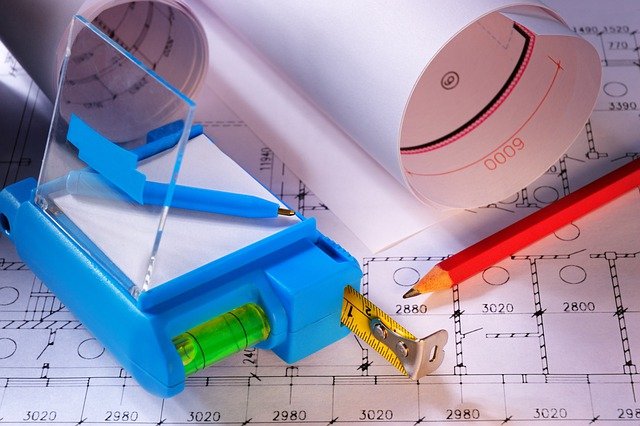The construction industry is significant in the US. It’s in charge of various projects such as real estate development, commercial construction, and residential housing. However, there are also minor projects that the construction industry also accepts. Small-time contractors tend to do residential jobs such as renovations and painting. But no matter the size of the project, many small-time contractors can’t avoid spending too much money on their job.
If your business is looking at high expenses and low net income, then there is something wrong with the way you are operating. There is a decent chance that you’re pouring too many funds into your projects without getting anything in return. Here are some common projects you’ll have as a residential contractor and how you can save money while doing them.
Overhead Expenses
Let’s first start by understanding what overhead expenses and what they mean for your small business. Every business that operates daily has overhead expenses. These expenses come in the form of rent, utilities, and insurance. These are costs that you’re going to be constantly paying for until the end of your business. Consider looking into your overhead costs and finding expenses that tend to be out of the ordinary. Doing this audit will ensure that you’re not spending too much money on expenses you don’t need.
Renovations
Home renovations and remodeling spiked drastically last year because many Americans wanted their home projects done before the pandemic ends. As a residential contractor, this will be your primary project throughout the year. There are various things you should consider when it comes to your expenses in renovation projects. The first is materials.
Buy Materials in Bulk
Don’t purchase materials individually or only when you need them. Additionally, don’t buy materials from a hardware store. The markups for those are insane. Go directly to the supplier and tell them that you’re going to purchase materials in bulk. Have a healthy partnership with them, and they’ll be glad to serve you and maybe give you some extra materials when you need them. If you have extra materials from bulk buying, don’t worry! You’re going to use those in your next renovation project.
Tools and Equipment
There are two ways to go about your tools and equipment for the job. The first is to purchase them. The second is to rent them. The first option is the most expensive one, but well worth it if you invest your money in high-quality construction equipment. This can save you so much money in the long run. Renting is only good when you’re starting your business. Eventually, renting equipment will cost more than purchasing one and using it yourself. Consider investing in tools and equipment five years down the line.
Road Marking and Repair
Road marking and repair is one of the most common jobs you’ll get as a contractor. It’s cheap to do, and if you’re not getting these jobs, you should start accepting them. It’s hard to mess up the costs of a road marking and repair job. When it comes to general material, you only need a sealant (usually bitumen-based) and thermoplastic paint. For equipment, you only need a road-marking thermoplastic machine for the application. These are particularly cheap investments that can be used for all kinds of marking projects. The main problem is that many contractors tend to overestimate the materials they need while also slacking off on the project.
Always measure the size of your project and go over your plans. Have permits secured to work at night, so you don’t have to worry about traffic and the heat. And always have someone working on the project until it’s accomplished. Road marking and repair is not an easy job, but it can be profitable when done right.
Paint Jobs
Painting is another common job that you’ll have as a contractor, and much like road marking and repair, it’s an easy and cheap job to do. Your main problem with on-site paint jobs is the time dedicated to it and the paint you’ll be using. We suggest you only purchase the paint you required for the job only when you need it. Purchasing paint beforehand can have drastic consequences because they might not be the ones your client wants. You’ll have buckets of paint sitting on storage for long periods of time because of this.
When it comes to the time you have to put on the job, make sure that you do it all in one day. If it can’t be done, get as many people as you can on the job to finish it as fast. The more time you spend doing paint jobs, the more money you are losing. Remember this when getting this kind of job.
By following these instructions, you can start saving more money on your on-site jobs while maximizing your revenue. These are straightforward tips to do, but ones that are usually overlooked. Try to keep an eye out on your employee’s practices as well, because their practices might be the reason why you’re on the red.





